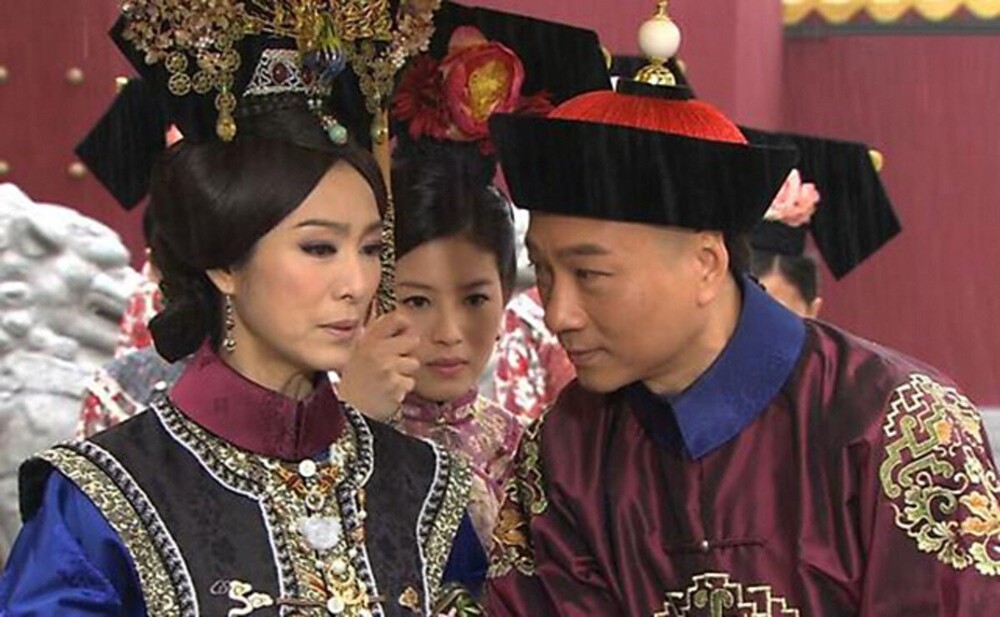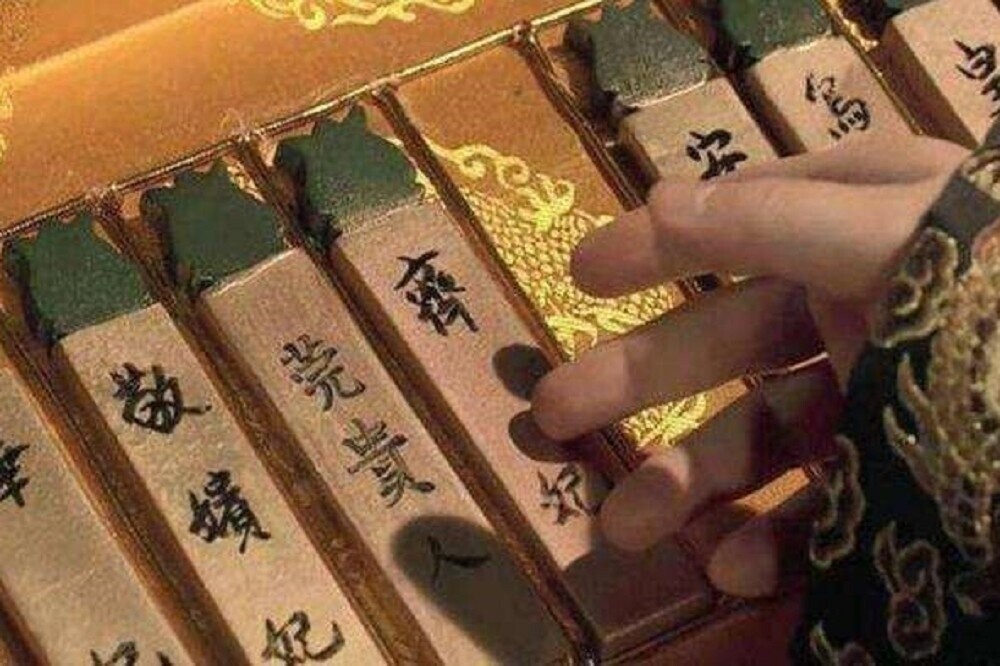Why was the Chinese emperor allowed to make love with his concubines for no more than 30 minutes? (5 photos)
Imperial harems have existed in China since ancient times to ensure the greatest chance of continuation of the royal dynasty. 
Imperial harems were not just luxury and wealth; they were a reflection of the social norms, values, and Chinese power dynamics of their time.
Chinese harems were places where politics and personal relationships intertwined, where women of different backgrounds gathered under one roof and where future heirs to the throne were raised.
But do you know why the emperor’s sexual contact with his concubines (both in the Ming Dynasty and then in the Qing Dynasty) was strictly limited to 30 minutes?
The emperor himself often had to obey the strict rules of the palace 
In ancient China, emperors often had several thousand concubines in the Forbidden City awaiting the emperor's favor. Due to such a huge number of women, the management of harems during the Ming Dynasty was strict and institutionalized.
In the Ming era, the organization that managed the emperor's personal life was called Jingshifang, and the highest person in charge was the chamber eunuch Jingshi, who was personally responsible for managing all affairs of the emperor's bedroom.
Absolutely all communications between the emperor and his wives, as well as concubines, were strictly controlled, managed and recorded by the eunuch Jingshi.
Each relationship was to be recorded in detail, ranging from year, month and day, as evidence of possible conception.
When the emperor dined, the eunuch brought him a silver saucer on which lay 12 sticks with the names of the concubines. If the emperor did not intend to spend the night with any concubine, he simply told the eunuch: “Go away.” And he bowed and had to take the saucer and leave the room. 
If the emperor wanted to have sex with his concubine, he took the wand with the name he liked most and put it back on a silver saucer. After this, the eunuch visited the chosen concubine and ordered her to take a bath and make all the necessary preparations, since she had earned the emperor's blessing.
When it was time for the emperor to go to bed, a eunuch in the imperial palace removed all the clothes from the concubine, wrapped her naked body in cloth made from heron down, and carried her to the emperor’s room.
This was a security measure taken to ensure that no woman could bring hidden weapons or poison into the meeting with the emperor. After all, once Emperor Jiajing (from the Ming dynasty) tried to kill his own concubines, carrying weapons in their clothes, because he had treated them cruelly. And from then on, women were strictly prohibited from entering the emperor’s bedroom in clothes. 
Then the eunuch sat near the emperor's room, waiting for the end and writing down all the data. And what is noteworthy here is that the emperor and concubine were given only 30 minutes for the entire process, after which the eunuch shouted “time is up.”
If the emperor did not answer, then the eunuch again shouted that “time is up.”
If the eunuch repeats these words three times and does not receive an answer, then he will have to enter the emperor’s room and take the concubine back. At the same time, another eunuch from Jingshifang was supposed to record the exact time: day/month/year, as evidence of a possible future pregnancy.
If this concubine gave birth after 9 months, then it could have a big impact on her future status in the palace.
But why were the emperor and his concubine given only 30 minutes for the entire “process”? 
In fact, there were several reasons.
First of all, the strict time limit was made to ensure that the emperor did not indulge in excessive sexual activity not with his empress (the "official wife"), who also participated in the selection of concubines who could earn the emperor's blessing. The emperor (of the Ming and Qing dynasties) often could not freely see his concubine without the permission of the empress and her official seal on the document. Indeed, in a harem, the empress often had veto power over any relationship between the emperor and his concubines.
Also, a strict time limit of 30 minutes was made so that the emperor had time to do the “main things”, but did not have time to get to know and become strongly attached to a certain woman and notupset the delicate balance in the palace between the remaining hundreds and thousands of concubines. After all, during the prosperous Ming Dynasty (1368–1644), there were almost 40,000 concubines living in the Forbidden City (yes, an insane number)! And every woman should have had the opportunity to get an equal chance (although most never got that chance their entire lives).
And the eunuchs also believed that if the emperor was given the opportunity to spend more than 30 minutes with women, then very quickly there would be a woman who would try to charm him or make him fall in love with her, which would increase her status and the status of her family, which could also lead to problems in the struggle for power and imbalance of power if the emperor suddenly decides to make one of her relatives a prominent figure.
Therefore, even when the emperor had supreme power, he was also subject to various restrictions. It may seem incredible to modern people to say that each emperor from the Ming and Qing dynasties had sex with his thousands of concubines for only 30 minutes, but this was the rule in ancient times in China.





















